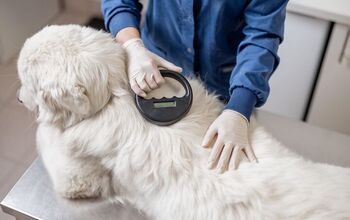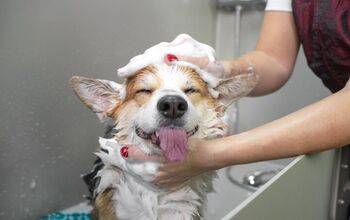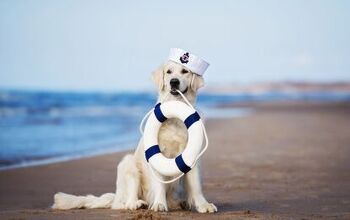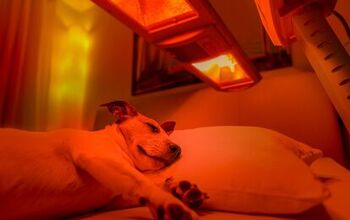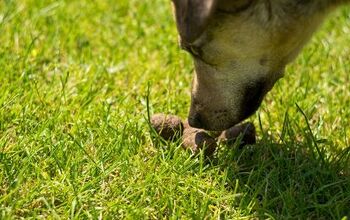New Standards Set for Dog Breeders With Canine Care Certified Program

The dog breeding industry now has a new standard for its breeders. This couldn’t have come at a better time, since we need it! Many people have had it with puppy mills and the way animals are treated. And frankly, USDA standards are pathetic, only addressing breeders with a certain number of dogs and not penalizing offenders.
Canine Care Certified is a new national, voluntary program for professional dog breeders. It has rigorous standards – well, rigorous compared to the past.
Many professionals had input to this program, which was developed at the Purdue University’s Center for Animal Welfare Science.
Related link: What to Look for in a Quality Dog Boarding Facility
For example, professional breeders, veterinarians, recognized animal experts, animal welfare organizations and professors at university in the animal science departments. Other university animal scientists and canine welfare experts reviewed the program over a three year time period to make sure it was sound.
The program is the first of its kind in the U.S. and focuses on the ethics of dog breeding.
What the Program of Certification Entails
The certification program has guidelines for five areas of health:
- Physical health: covers who can perform surgeries and who can’t. Also includes guidelines for breeders to get their dogs tested genetically and health screens.
- Environment where dog lives: Guidelines include what type of flooring surfaces breeders should use, how much access to outdoors and the type of space where the dog spends most of its time.
- Behavioral health: A program must be in place that addresses any behavior problems and psychologically enriches the dogs as well as provides socialization.
- Breeding life and retirement: Dogs can’t be used endlessly for breeding. An age of retirement from puppy making is in the guidelines, as well as spaying and neutering policies after retirement. This category also includes litter limits.
- Caretaker expectations: Continuing education is a must for breeders and should focus on dog care, genetics, health and welfare.
One important thing we see missing from this list is nutrition. Perhaps once the program gets into full swing, they’ll consider adding it to their requirements.
Related link: What You Should Know Before Starting a Dog Boarding Business
Any dog breeder can participate; the program is not restricted to AKC breeders. To get involved, a breeder will pay a fee, complete a pre-certification application, and upon approval, undergo an audit by an independent auditing firm. Breeders that meet the criteria for certification and successfully pass the audit will be designated as Canine Care Certified. Breeders who wish to be involved in this certification will be audited no less than twice a year.
Dog Biscuits Go to the Developers
What makes this program unique is the behavioral health category, something never addressed before. Purdue scientists and researchers left room for the guidelines to expand, based on growing scientific knowledge.
The American Kennel Club is applauding the efforts of Purdue’s Animal Welfare Center in the development of this program. Other university professors have agreed that the new standards are a good first step. They see the program as a higher standard because animal welfare goes beyond maintaining only the animal’s physical health. Behavioral health has to be a part of the big picture.
Here’s what it means for the public: because the standards in this program exceed governmental standards, when you see the Canine Care Certified logo, you’ll know you’ve picked a breeder with higher standards.
And if the same thing happens with the dog breeding industry as what happened in the residential care facilities for humans, reputable dog breeders should be clamoring to get the certification.
This program of certification is a good start, but there’s so much more to consider. Nevertheless, it needs to start somewhere, and we need to keep the momentum going to ensure it goes up.

More by Donna Schwontkowski

















